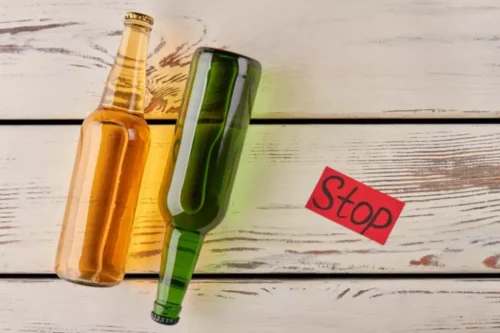
There are a number of signs and symptoms of physical dependence, or substance use disorder, that a person can exhibit when they are dealing with this difficult issue. The more severe the dependence is, the more intense the symptoms can be. When suffering from addiction, people deal with a wide variety of issues and challenges that they must overcome. This is why, upon enrolling at an addiction treatment center, you will complete an assessment that will gain an understanding of your physical and psychological symptoms. The sooner you seek help, the greater your chances for a long-term recovery.
Understanding Dependence
They’re often used and misused in search for a sense of relaxation or a desire to “switch off” or forget stress-related thoughts or feelings. Synthetic cannabinoids, also called K2 or Spice, are sprayed on dried herbs and then smoked, but can be prepared as an herbal tea. Despite manufacturer claims, these are chemical compounds rather than “natural” or harmless products. These drugs can produce a “high” similar to marijuana and have become a popular but dangerous alternative.
- Talk with your health care provider or see a mental health provider, such as a doctor who specializes in addiction medicine or addiction psychiatry, or a licensed alcohol and drug counselor.
- The most common hallucinogens are lysergic acid diethylamide (LSD) and phencyclidine (PCP).
- It’s like some people are born with kindling, making it easier for the fire of addiction to catch and spread.
Path to Recovery
As we’ve briefly covered, physical dependence is often synonymous with increased tolerance due to adaptations the brain is forced to make 7. As such, needing more of a substance to feel high, or even normal, is one of the first things noticed by people with a dependency. Oftentimes, psychological dependence will accompany physiological dependance physical dependence, leading people to feel anxious, depressed, or dissociative when they suddenly quit.
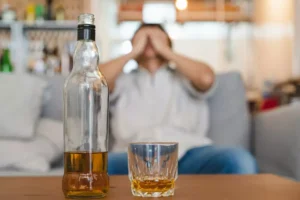
Empowering Change: The Impact of Raising Alcohol Prices on Deaths
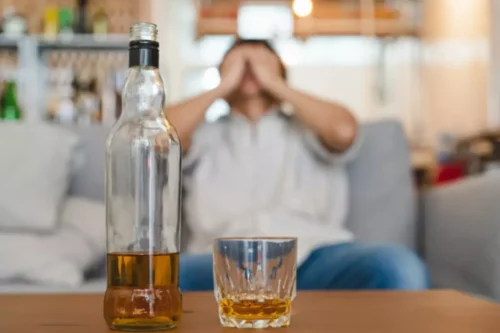
Others seem more affected mentally, as you develop a deeply rooted craving for a certain substance that changes your psychological behaviors. In addition to professional help, establishing a strong support system is crucial to managing withdrawal symptoms and starting the recovery journey. Recovery from addiction is not a solitary process, and having a network of supportive individuals can provide encouragement, accountability, and understanding. When the body becomes physically dependent on a substance, ceasing its use abruptly can lead to a range of distressing withdrawal symptoms.
Diagnosing the Demon: Medical Assessment of Physiological Addiction
- Studies have examined the impact of screen multitasking when continuous attention across media devices becomes a substitute for “real world” behavior 4.
- Although this can refer to dependence on medications that control health conditions, it can also be a symptom of addiction, which is different from physical dependence.
- Psychologically, preexisting mental health conditions like anxiety or past traumas can make people more susceptible to addiction.
- The more severe the dependence is, the more intense the symptoms can be.
For example, someone physically dependent on alcohol 8 might spend large amounts of time at the pub or on nights out. Some fortresses are more vulnerable to invasion than others, and the same goes for addiction. Your brain’s reward system, for instance, might be more sensitive to the effects of certain substances, making you more susceptible to addiction.
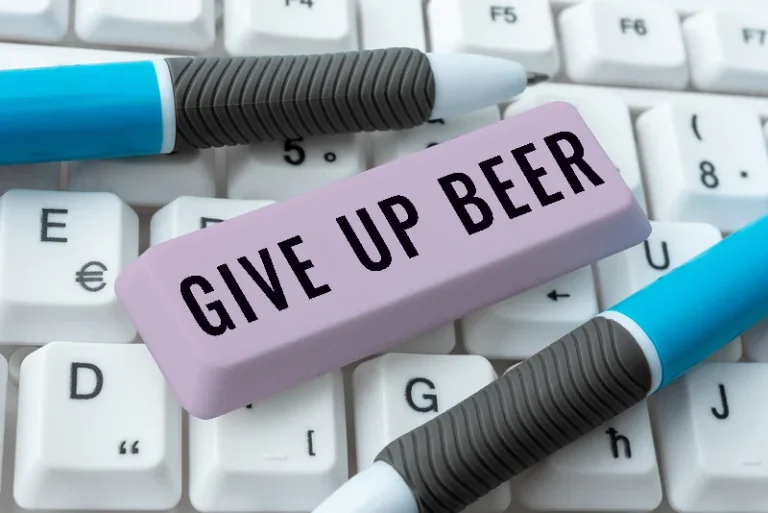
There are countless substances out there that people can become addicted to. From prescription drugs and alcohol to street drugs and hallucinogens, there are an unnerving amount of drugs available. Unfortunately, experimenting with mind-altering substances can quickly lead to a full-blown physiological dependence.
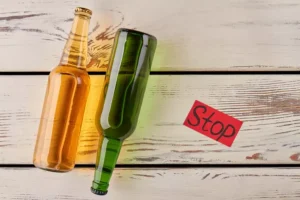
To combat this trigger, individuals are encouraged to establish a regular meal schedule and prioritize nourishing their bodies with healthy foods. Incorporating mindful eating practices and seeking support from a nutritionist or dietician can also be beneficial. This proactive approach empowers individuals to take charge of their recovery and is incorporated into addiction recovery programs such as our intensive outpatient program (IOP). During recovery, people are encouraged to rediscover old passions or explore new hobbies to fill the void left by substance use and offer a sense of purpose.